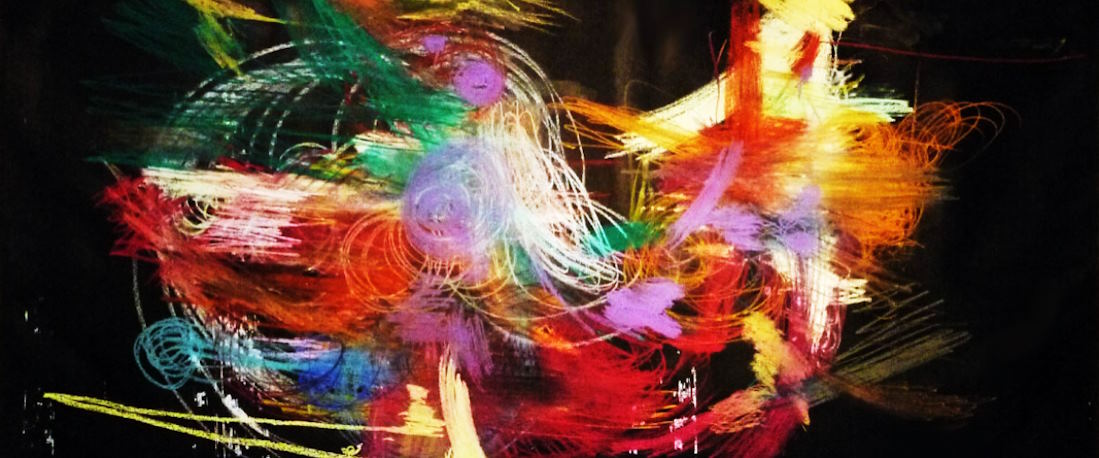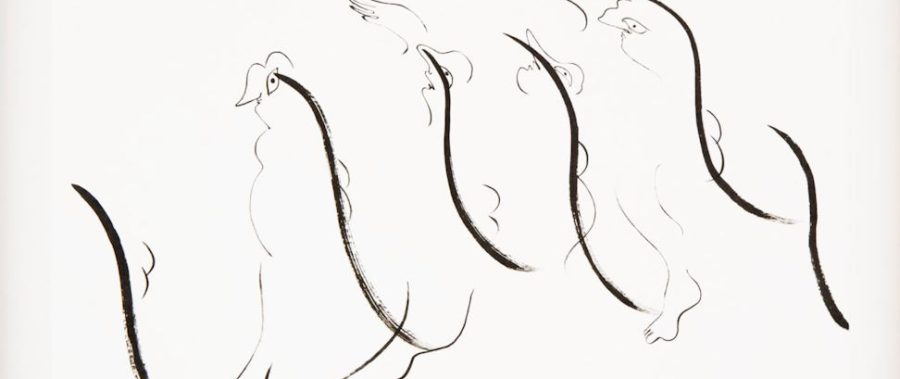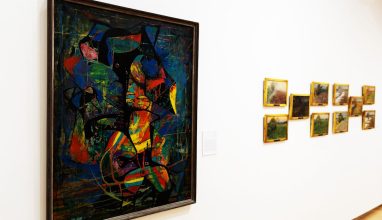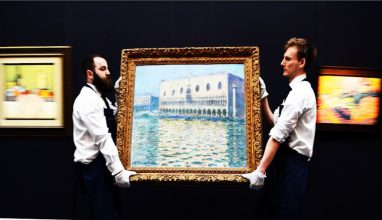Art has long been a mirror reflecting humanity’s diverse perspectives, emotions, and experiences. The age-old debate surrounding the definition of beauty in art persists, challenging conventional notions and inviting us to question the essence of aesthetic appeal. Is art solely meant to be beautiful, or does its true power lie in its ability to transcend traditional standards and embrace the unconventional?
The Subjectivity of Beauty
Artistic beauty, like any form of aesthetics, is inherently subjective. What one person perceives as beautiful may be deemed ugly or unappealing by another. This subjectivity challenges the idea of a universal standard for beauty in art. Throughout history, artists have pushed the boundaries of traditional aesthetics, creating pieces that provoke thought, elicit emotions, and challenge societal norms. For example, the Surrealists reveled in exploring the bizarre and unsettling, prompting viewers to question their preconceived notions of beauty.
Provocation and Expression
Art has the power to provoke, challenge the status quo, and serve as a platform for expression that transcends societal norms. Some artists deliberately choose the unconventional path, using their work to shed light on uncomfortable truths or evoke emotions that extend beyond the confines of traditional beauty. Such creations’ raw and unfiltered nature prompts viewers to confront their biases and broaden their understanding of the world.

The Allure of Imperfection
There has been a growing appreciation for imperfection in art in recent years. The Japanese concept of “wabi-sabi,” celebrating the beauty of impermanence and weakness, has influenced various artistic movements. Embracing asymmetry, simplicity, and authenticity, wabi-sabi challenges the conventional pursuit of flawless beauty, encouraging artists to find the profound in the imperfect.
Beauty as a Catalyst for Change
While unconventional and sometimes “ugly” art has its place, the pursuit of beauty in art should not be dismissed. Beauty has the power to uplift, inspire, and provide solace. It can catalyze positive change and become a source of comfort in the face of life’s challenges. Throughout history, artists have harnessed beauty’s transformative potential, using it to convey hope, unity, and the shared human experience.






